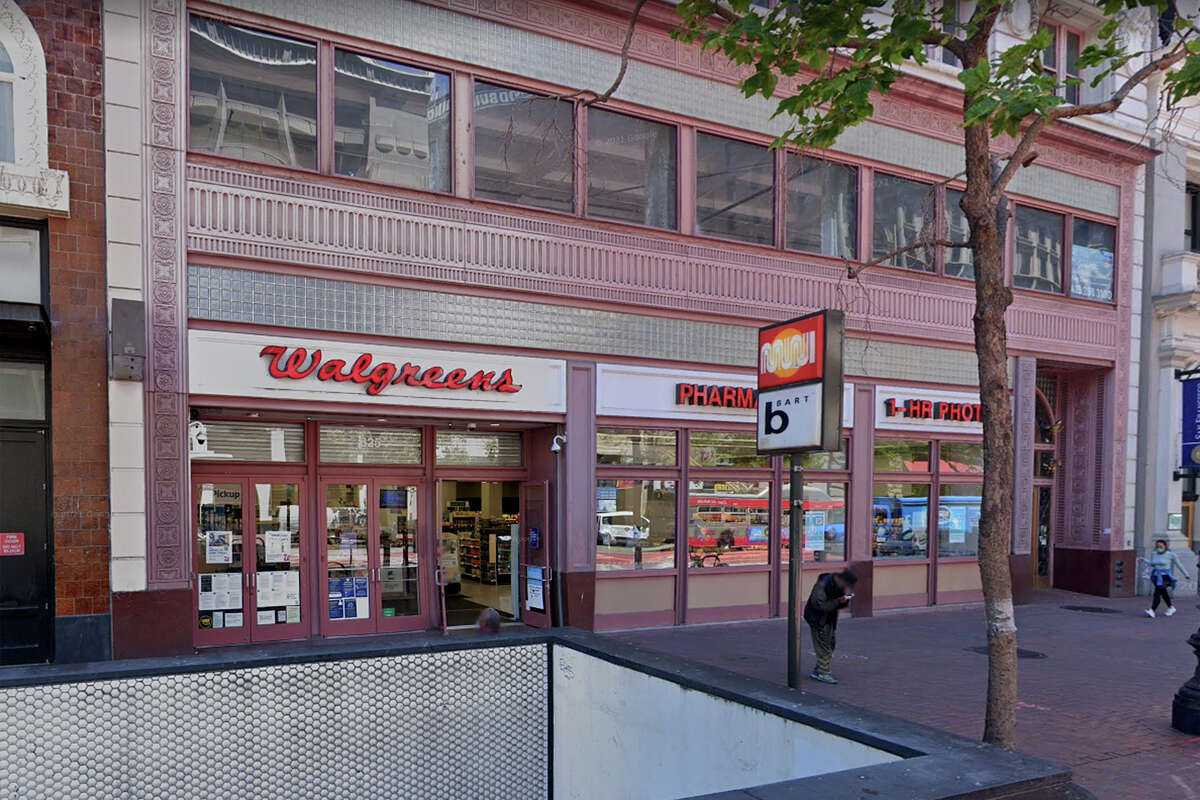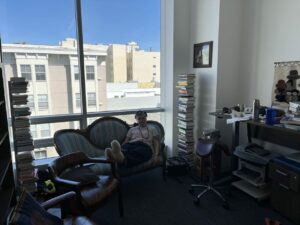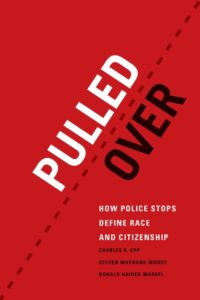
There’s understandable community upheaval about a recent tragedy that rocked downtown San Francisco: A security guard at a downtown Walgreens store shot and killed Banko Brown and, the D.A. decided, will not be facing criminal charges for homicide. In this CBS-5 story, I explain what is happening to the extent I can, not having seen the evidence.
Why is the D.A. not pressing charges? The D.A.’s office has issued a statement according to which, having viewed the store’s video footage of the incident, they find that “[t]he evidence clearly shows that the suspect believed he was in mortal danger and acted in self-defense” and that, while Brown’s killing was a “tragedy,” “[they] cannot bring forward charges when there is credible evidence of reasonable self-defense. Doing so would be unethical and create false hope for a successful prosecution.”
How do they establish if someone acted in reasonable self defense? According to California’s model jury instructions (CALCRIM), a defendant prevails on self defense if they used force against another person while (1) reasonably believing that they, or someone else, “was in imminent danger of suffering bodily injury,” (2) reasonably believing “that the immediate use of force was necessary to defend against that danger,” and (3) “used no more force than was reasonably necessary to defend against that danger.” Note that it’s not enough that someone subjectively believes they are in danger; you prevail on this defense if a reasonable person in your shoes would’ve felt the same. The question of proportional force is also one on which there could be disagreement.
Hold on, why is this even a self defense issue and not a lethal force issue? The rules on lethal force apply only to government agents: federal and local police. The Fourth Amendment offers people protection from unreasonable search and seizure by the government. This is not the case here. The Walgreens security guard was, indeed, armed and working, but he was working for a private company. That’s why the D.A.’s office is viewing this incident through the lens of self defense, which applies to any altercation between two private people.
Shouldn’t we hold security guards and other pseudo-police officers, like private patrols, to a higher standard? I think that’s an excellent question, especially with the proliferation of private policing of all sorts. This is also far from the first time that someone was shot to death by private security personnel (see here, here, here, and here, to name just a few.) My friend Sarah Fielding, now the managing attorney at Legal Services of Northern California, once wrote a fantastic paper about neighborhoods who crowdfund for private security, and is interviewed in this fantastic Al Jazeera piece, where she and others express concerns that more exclusive, wealthy neighborhoods essentially just “send in a check” to fund their own justice, which disproportionally targets outsiders. All of these are serious problems that raise grave concerns. But the Fourth Amendment only applies to government agents and there’s precious little we can do about that.
If this is truly nothing more than a conflict between two private people, why all the political upheaval? Obviously, despite the fact that the shooter was not a police officer, the nature of this incident makes people see it through the lens of community outrage about police overreach. I’m seeing echoes of this even in Aaron Peskin’s reported entreat that the D.A. reconsider. People are falling into the predictable camps: pro-law-and-order, dismayed-of-downtown-chaos folks who support the D.A. and explain how sick they are of the robberies and petty thefts that have scared away many major retailers from the downtown areas, support the decision not to prosecute and see it as a victory for public safety. On the other hand, abolish-dismantle-repeal folks who, in accordance with the usual progressive punitivism protocol, think that we should not harshly enforce the law except against those we dislike (cops, guards, right wingers), see this as further evidence that Jenkins is making charging decisions that further oppress the oppressed. We don’t have the evidence, and so we are projecting our overall worldviews about the underlying problems of poverty, suffering, law enforcement, and dilapidation, onto this incident. This is where people’s strong views come from. The lesser the evidence, the more room there is for our worldviews to inform our imaginations.
We know there was only one gun at the scene–the guard’s. In light of this, isn’t it obvious that the security guard committed unjustified homicide? Folks, I don’t know. And neither do you, because we haven’t seen the video footage that the D.A. used to make the determination. For all we know, it might’ve seemed to the guard as if the victim was armed. Or not. We simply can’t know the answer to this without seeing the video.
Fine, then why won’t the D.A. show us the video, so we can be the judge of that? That’s a fair question. The understandable logic is: if it’s really that cut and dry that the security guard was in reasonable fear of his life, why is the D.A.’s office being so secretive about it? Because the public has deep interest in these issues, and in seeing justice done, California law was recently amended to require prosecutorial offices to share footage of lethal police shootings with the public within 45 days. But again, this doesn’t mean a general requirement to share investigative material with the public in any case that involves two private people, as the case is here. And, to be fair to the D.A., I can see some good reasons not to share the footage. We know from prior cases involving video footage of violence, sometimes lethal, that even when people have access to the evidence, their interpretations of what they see depend on their worldview. Fourteen years ago, I saw the cellphone footage of the killing of Oscar Grant and thought to myself, “I’m watching an execution, and there’s no way anyone could watch this video and think otherwise.” And, lo and behold, twelve Los Angeles residents disagreed with me. The D.A. might not want to get into these kinds of controversies if the law doesn’t require them to, nor do they want to incite confrontations and violence against the security guard. Still, it’s hard not to walk away from this with a bad feeling about the lack of transparency.
Then why not prosecute, and let a jury decide if it was self defense or not? Without seeing the video, it’s impossible to answer this question, but it’s definitely a fair one. I will say that the burden of bringing a case to trial is much lower than the burden required for conviction: all the prosecution needs is probable cause, as opposed to the much higher burden of beyond reasonable doubt. The idea is that you go to trial with a minimum of probable cause (the threshold the judge requires at a preliminary hearing) and continue developing the evidence as you go along. But in cases that are very public and sensitive, prosecutors sometimes hold themselves to a higher standard (e.g. Muller’s prosecutions of Manafort et al.) We should also keep in mind that prosecutors have two kinds of considerations that go into charging decisions: instrumental considerations–i.e., will this case end in a conviction and thus be a worthy expenditure of state effort and resources–and expressive considerations, i.e., what do my constituents want and expect. I think Jenkins is as aware of what her constituents want as Boudin was aware of his, and charging decisions will differ accordingly.




1 Comment
Very well said! It’s refreshing to read something like this that takes biases into account and makes a real honest try to be objective.